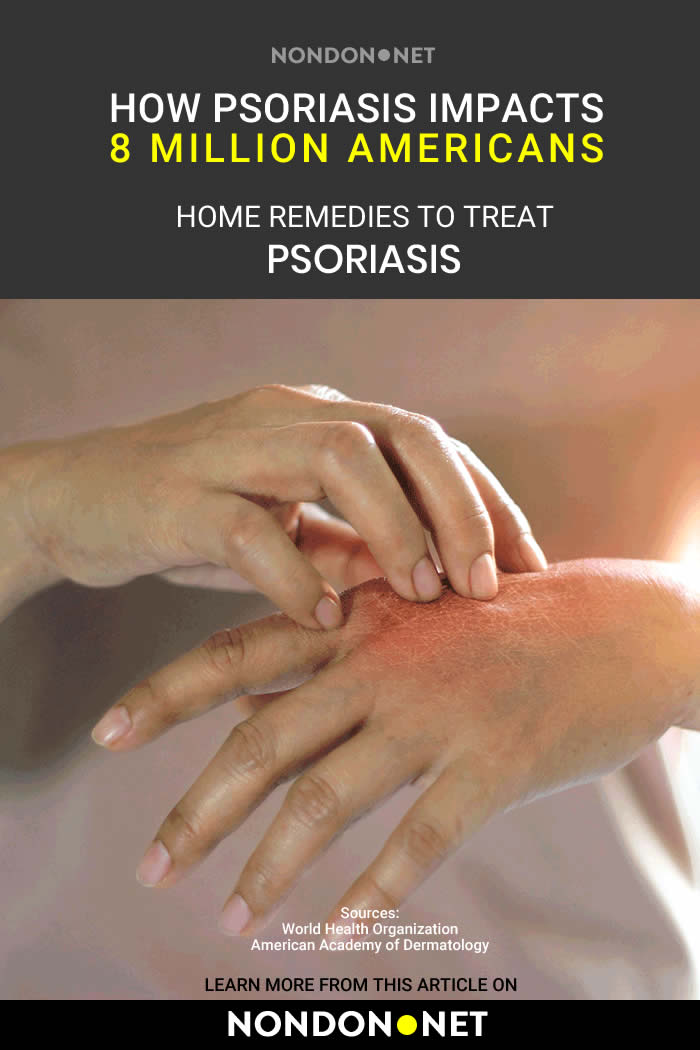Популярные статьи
Реклама
Обратная связь
Яндекс Апдейт
Сервис не доступен
Оцените работу движка
Кто онлайн
Гость Гость Гость Гость Гость Гость Гость Гость Гость Гость Гость Гость Гость Гость Гость Гость Гость Гость Гость Гость Гость Гость Гость Yandex Гость Гость Гость Гость Гость Гость Гость Гость Гость Гость Гость Гость Гость Гость Гость Гость Гость Гость Гость Гость Гость Гость Гость Гость Гость Гость Гость Гость Гость Гость Гость Гость Гость Гость Гость Гость Гость Гость Гость Гость Гость Гость Гость Гость Гость Гость Гость Гость Гость Гость Гость Гость Гость Гость Гость Гость Гость Гость Гость Гость Гость Гость Гость Гость Гость Гость Гость Гость Гость Гость Гость Гость Гость Гость Гость Гость Гость Гость Гость Гость Гость Гость Гость Гость Гость ArdisSeyler579 Гость Гость Гость Гость Гость Гость Гость Гость Гость Гость Гость Гость Гость Гость Гость Гость Гость Гость Гость Гость Гость Гость Гость Гость Гость Гость Гость Гость Всего: 138
У нас искали
Optimizing Genital Health: Expert Tips For Maintaining A Healthy Foreskin
Maintaining genital health is an essential aspect of overall well-being for men, and one area that often requires attention is the foreskin. The foreskin plays a vital role in protecting the sensitive penis from irritation and infection while also providing pleasure during sexual activity. However, neglecting its care can lead to discomfort, pain, and serious medical issues. In this post, we'll share expert tips for maintaining a healthy genital foreskin. From the proper use of hygiene products to the best treatment options to treat common issues such as phimosis or balanitis, this article will provide you with all of the information that you need.
Foreskin care is essential
Foreskin health is an important aspect of genital health, as it plays a critical role in protecting the penis from irritation and infection. Neglecting proper foreskin care can lead to serious medical issues such as phimosis or balanitis, causing discomfort and pain. Hygiene practices such as regular washing with mild soap and warm water can help prevent the accumulation of harmful bacteria. It's important not to forcefully retract the foreskin, unless you have been advised to do so by a medical professional. This can lead to scarring and tears. Seeking medical attention promptly if any abnormalities or symptoms such as itching, redness or discharge appear is crucial for timely diagnosis and treatment options. The best foreskin treatment will help men maintain a healthy genital system at all stages of their lives.

Best Practices for Foreskin Hygiene
Maintaining good hygiene is essential to maintaining the health of the foreskin. Men should wash their genital areas daily, making sure to pull the foreskin back gently to clean beneath it. Use mild soap with warm water to avoid irritation or dryness. Avoid certain habits that may lead to foreskin problems like balanitis and infection. Men should avoid wearing clothing that is too tight and scented around the genitals. The HPV vaccine can also lower the risk for developing cancer in the penis.
Seeking medical advice is essential for those who have recurring infections and phimosis. They may prescribe creams, or even circumcisions, if necessary.
Overall, maintaining a good hygiene routine and seeking treatment when required are key strategies in optimizing genital care and avoiding complications.
Common Foreskin Issues - What they are and how to treat them
Men can suffer from common foreskin problems that cause pain and discomfort. Fortunately, there are ways to treat these issues. One of the most common concerns is phimosis, which occurs when the foreskin is too tight and cannot be retracted fully. This can cause inflammation or swelling, making it hard to clean. In more severe cases, phimosis can be treated with gentle stretching exercises. The affected area may be irritated, red or painful. Treatment involves good hygiene such as cleaning the affected area with soap and water, as well as applying topical creams prescribed to you by a doctor.
In order to prevent complications, you should maintain your genital and foreskin health.
Tips for preventing Foreskin problems
Proper hygiene practices are crucial for preventing foreskin problems. Men should regularly wash their genitals with warm water and a non-scented, gentle cleanser. It's also crucial to dry the area thoroughly following a shower or wash to prevent moisture buildup that could lead to irritation or an infection. Stretching your foreskin when masturbating and having sex regularly can help prevent the condition phimosis. If you have difficulty retracting your skin or experience pain, it is important to seek medical treatment.
Lubrication can also help to promote healthy genital function by reducing friction. Friction can cause discomfort and injury. Consult a doctor immediately if you notice changes in the color, texture, and odor of your genital or foreskin.
Уважаемый посетитель, Вы зашли на сайт kopirki.net как незарегистрированный пользователь.
Мы рекомендуем Вам зарегистрироваться либо войти на сайт под своим именем.
Мы рекомендуем Вам зарегистрироваться либо войти на сайт под своим именем.

 Просмотров: 76
Просмотров: 76  Комментариев: (0)
Комментариев: (0)